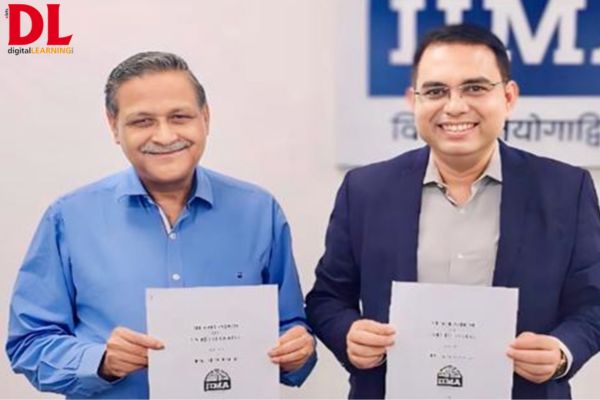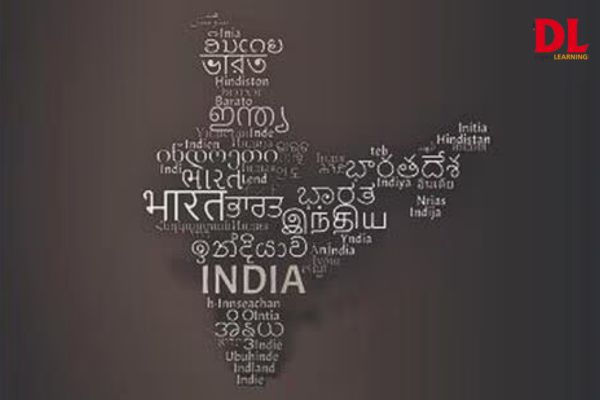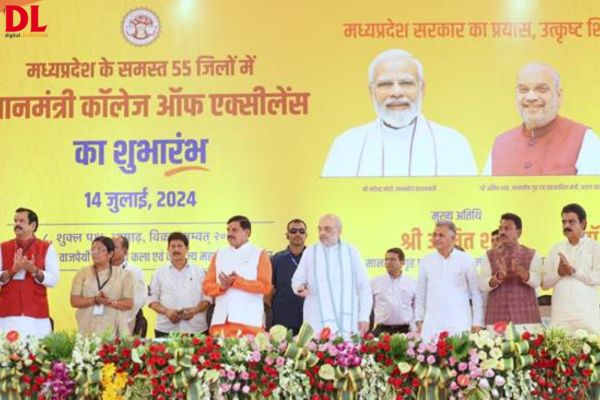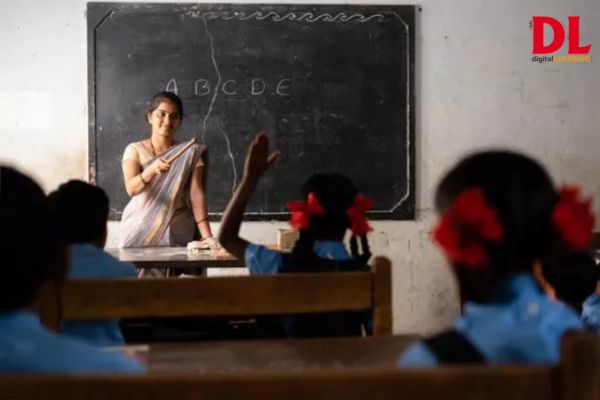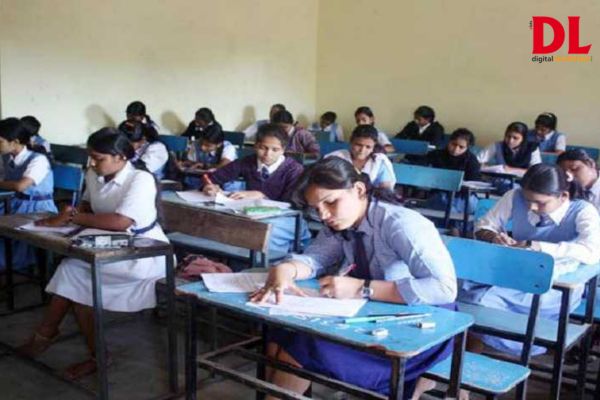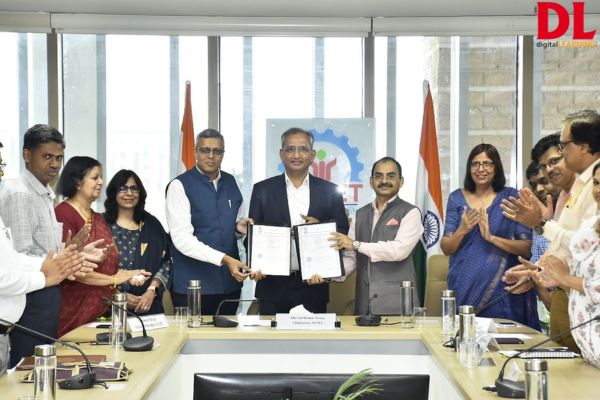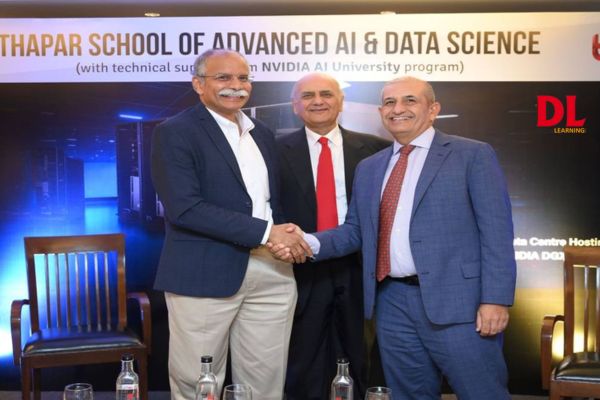The Indian Institute of Management (IIMA), Ahmedabad, and FPSB India, the global standards-setting body for the financial planning profession and owner of the international CERTIFIED FINANCIAL PLANNER® certification program, has announced a strategic Memorandum of Understanding (MoU) to launch a series of capacity-building initiatives for professionals in financial planning and investment advisory services.
This collaboration aims to bridge the gap between theoretical knowledge and practical skills in the financial planning sector. Under the MoU, IIMA and FPSB India will jointly conduct training programs, applied research, and focused workshops on contemporary themes. These initiatives are designed to equip working professionals and students with the essential knowledge and skills required to excel in financial planning.
Krishan Mishra, CEO of FPSB India, expressed his enthusiasm about the collaboration, stating, “This collaboration with IIMA underscores our shared commitment to excellence in management education and our dedication to nurturing the next generation of professional financial planners equipped with a globally recognized CFP certification. With this association, we aim to fill the gap that exists in the industry for a skilled workforce in the financial planning sector.”
Prof. Bharat Bhasker, Director of IIMA, emphasized the institution’s dedication to academic excellence and collaboration, stating, “At IIMA, we believe in providing our students with holistic education and professional know-how that not only enriches their knowledge base but also empowers them with practical skills relevant to today’s dynamic and evolving financial landscape. This partnership with FPSB India is a testament to our shared commitment to fostering innovation and collaboration in financial planning education.”
FPSB India, home to 2731 CFP® professionals in India and part of a global network representing more than 223,770 CFP professionals worldwide, aims to leverage this collaboration to set new benchmarks in financial education and certification. As part of the initiatives, IIMA and FPSB India will organize a workshop on asset allocation and factor models for certified financial planners at the IIMA campus in December 2024. This workshop will focus on the discussion of factor models and smart beta investing based on experience in the Indian market.
The collaboration between FPSB India and IIMA is poised to enhance the financial planning education and certification process in India, empowering individuals to pursue rewarding careers as Certified Financial Planners while upholding the highest standards of professionalism and integrity.







